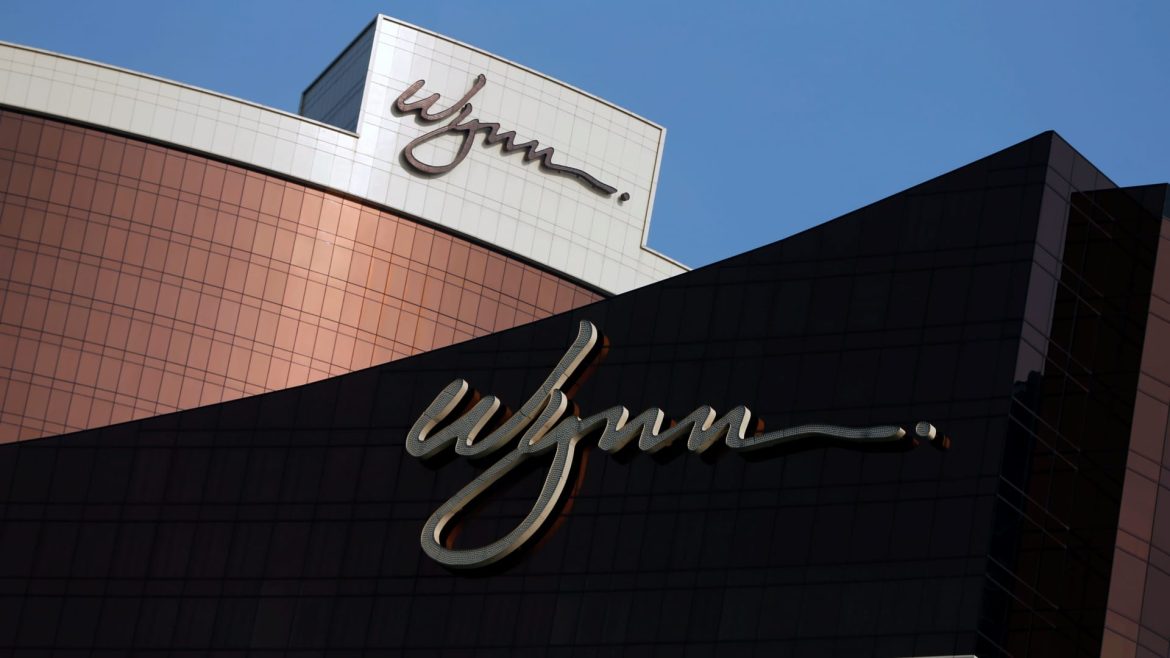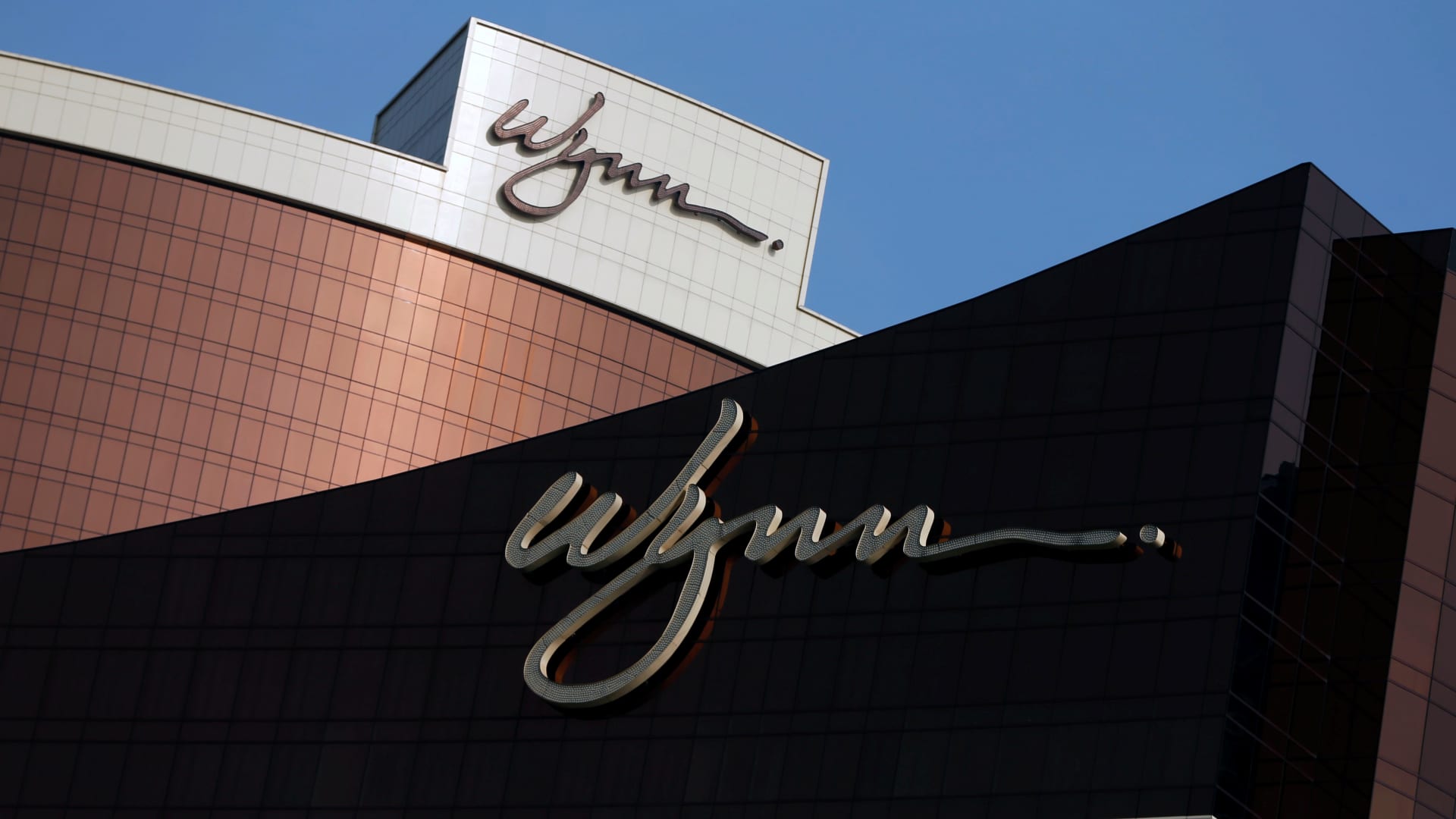The Withdrawal of Wynn Resorts from New York City’s Casino License Race: An In-depth Analysis
Introduction
New York City’s casino license competition, a high-stakes contest involving major players aiming to capitalize on the lucrative gaming market, has recently seen a significant development: Wynn Resorts, a prominent name in the gaming and hospitality industry, has decided to withdraw its bid for a casino license. This move has sent ripples through the sector, raising questions about the challenges of navigating local opposition, rezoning hurdles, and shifting market dynamics. By examining the motives, context, and implications of Wynn Resorts’ decision, we gain a clearer understanding of the complexities inherent in large-scale casino developments within urban settings like New York City.
Context of Wynn Resorts’ Bid and Partnership Strategy
Wynn Resorts partnered with Related Companies, a leading New York real estate developer, to propose a grand integrated casino resort at Hudson Yards—a prime development area on Manhattan’s far west side. This $12 billion project aimed to create a multi-use complex featuring a large hotel-casino, expected to generate thousands of construction and permanent jobs. The project, often referred to as “Wynn New York” or “Hudson Yards West,” was positioned to be a landmark destination combining gaming, hospitality, and residential components (including over 2,500 newly added homes in later revisions).
The proposal initially received some infrastructural and planning support, including from New York’s city Planning Commission through landmark zoning adjustments to facilitate the large-scale development. The vision promised both economic stimulus and urban revitalization benefits—factors often critical in gaining government and community buy-in.
Key Factors Leading to Withdrawal
Despite early zoning approvals, the rezoning process for the Hudson Yards West area proved more complex and prolonged than anticipated. Rezoning in a multifaceted neighborhood with competing interests can trigger extended negotiations, community board challenges, environmental reviews, and political pushback. Wynn Resorts cited the complexities of the rezoning process as contributing to the diminished appeal of their investment opportunity, signaling that prolonged uncertainty can adversely affect capital allocation decisions.
The bid met with persistent local opposition. Community leaders, local politicians, and certain segments of the public expressed concerns over the social impact of a casino resort in Manhattan, potential increases in traffic, gambling addiction, and disruptions to neighborhood character. Manhattan’s borough leadership notably opposed the plan, reflecting the political sensitivity surrounding large gaming undertakings in dense urban environments where competing interests are vocal and influential.
Wynn Resorts’ management, including CEO Craig Billings, referenced emerging threats in the form of online gaming (iGaming), which New York has yet to legally embrace but is widely acknowledged as a looming disruptor. The rising popularity and profitability of internet-based gambling platforms present a risk to land-based casinos by offering alternative betting experiences with greater convenience. This strategic concern likely influenced Wynn’s decision to be cautious rather than aggressively pursuing the New York license.
Executives emphasized that their capital might have better uses elsewhere. Given the scale, complexity, and uncertainties associated with the New York proposal, Wynn Resorts appears to have concluded that the financial and reputational risks outweigh the potential benefits—especially if the pathway to approval kept shifting or becoming more contentious.
Broader Industry and Competitive Implications
Wynn’s exit mirrors a parallel withdrawal by Las Vegas Sands from its Long Island bid, reflecting a broader hesitancy among gaming giants toward certain New York projects. The competitive landscape now features other bidders such as Silverstein Properties and Rush Street Gaming, and Caesars Entertainment proposing their own ambitious plans in different Manhattan locations. Wynn’s departure reshapes the competition, potentially consolidating opportunities for these remaining contenders.
The challenges encountered by Wynn underscore the intricate balance involved in urban casino developments: economic incentives versus community acceptability, regulatory navigation versus speed to market, and evolving gaming trends versus traditional resort models. Wynn’s decision to not “get over its skis” in the quest for a New York license suggests a prudent, strategic posture that weighs risk carefully against potential reward.
Consequences for Hudson Yards and Future Urban Casino Projects
Wynn’s withdrawal leaves the Hudson Yards casino project’s massive plan uncertain. The mixed-use development’s success hinged partly on Wynn’s participation and its global hospitality brand appeal. While Related Companies may continue to pursue other development opportunities, the casino component now faces a substantial setback or reconfiguration.
For urban casino projects going forward, Wynn’s experience signals the necessity of early alignment with municipal stakeholders and local communities, transparent management of rezoning and regulatory processes, and adaptable project models that can respond to shifting technologies and consumer preferences like iGaming. The balance of innovation, public acceptance, and regulatory agility will define success.
Conclusion: Strategic Prudence in a Complex Market
Wynn Resorts’ withdrawal from New York City’s casino license competition exemplifies the complexity of landmark urban casino developments, marked by zoning challenges, community resistance, shifting market risks, and strategic capital considerations. The decision spotlights the multifaceted challenges gaming companies face when translating ambitious resort visions into realities, especially in a city as dynamic and politically nuanced as New York.
This strategic retreat allows Wynn to conserve resources for other ventures better aligned with their investment priorities while reshaping the competitive landscape for New York’s casino licenses. The saga of the Hudson Yards casino bid serves as a case study in balancing ambition with realism, demonstrating that even industry leaders must navigate the unpredictable intersection of urban development, public sentiment, and evolving market forces with circumspection.





